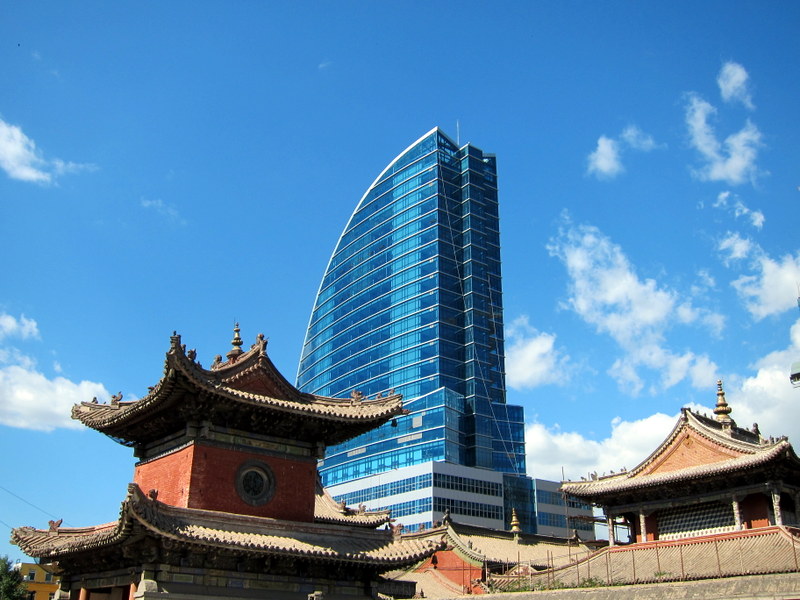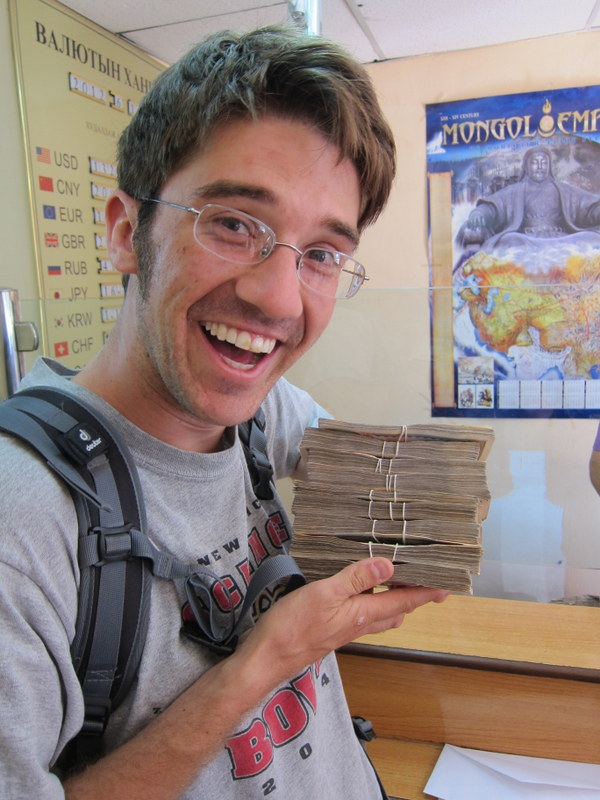We’ll head to the Bayn Dzag, near the town of Dalanzadgad. Bayn Dzag is famous for some of the best dinosaur fossil localities in the world. There, we’ll sample paleosols, ancient soils, for clay and carbonate minerals which can tell us about the climatic conditions when they were deposited. After Bayn Dzag, we travel west into the remote Nemegt Basin, where we’ll continue sampling. After Nemegt, we have planned a very adventurous several hundred mile drive to the northwest to more field sites near Altay. Finally, we travel west to the town of Khovd along a main road (main roads are still pretty wild though!) and sample at 3 or so other sites. From Khovd, we’ll begin the several day drive back across the country to UB, completing our several thousand mile clockwise loop. We plan on being out in the field for about three weeks as we’re scheduled to leave the country on June 8. I’ll check in with brief updates from the field or the occasional town along the way.
Take care,
Hari
Jeremy showing off mad stacks! Those are all 10,000 tugrug notes…there aren’t a whole lot of ATMs in the Gobi.


